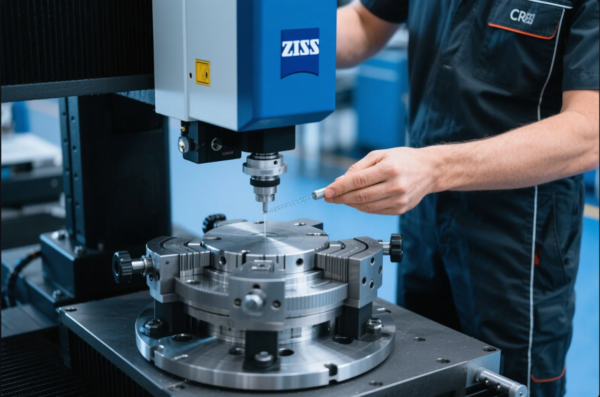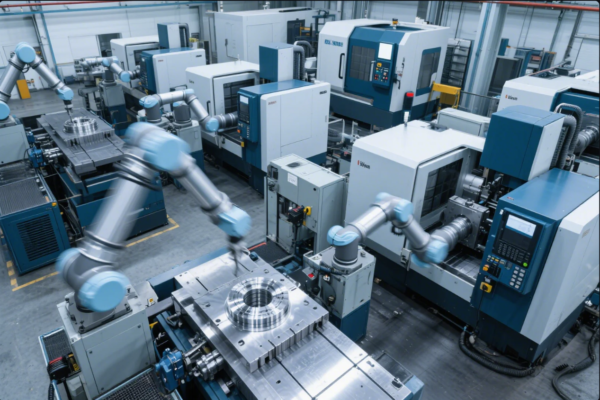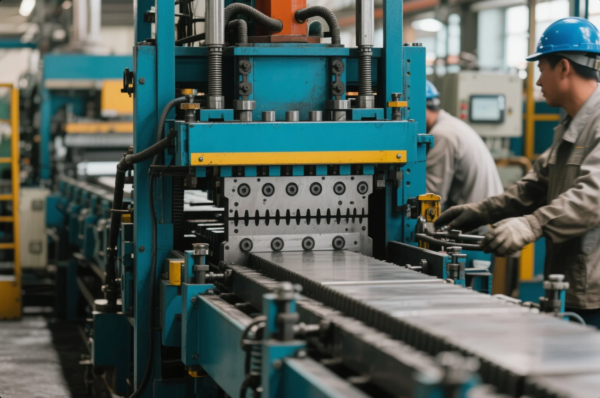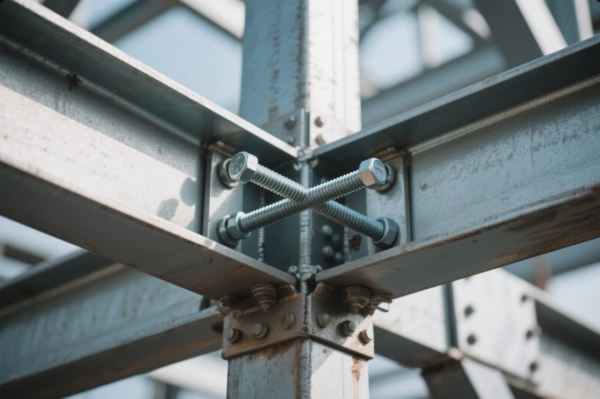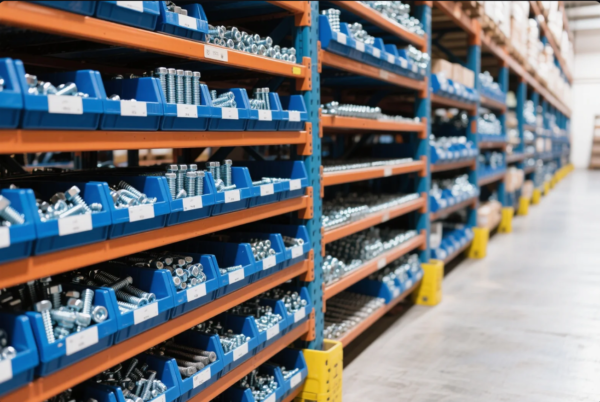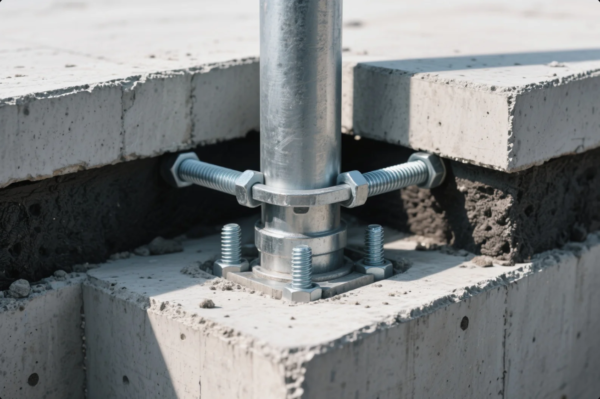What is it called when you burn two pieces of metal together?
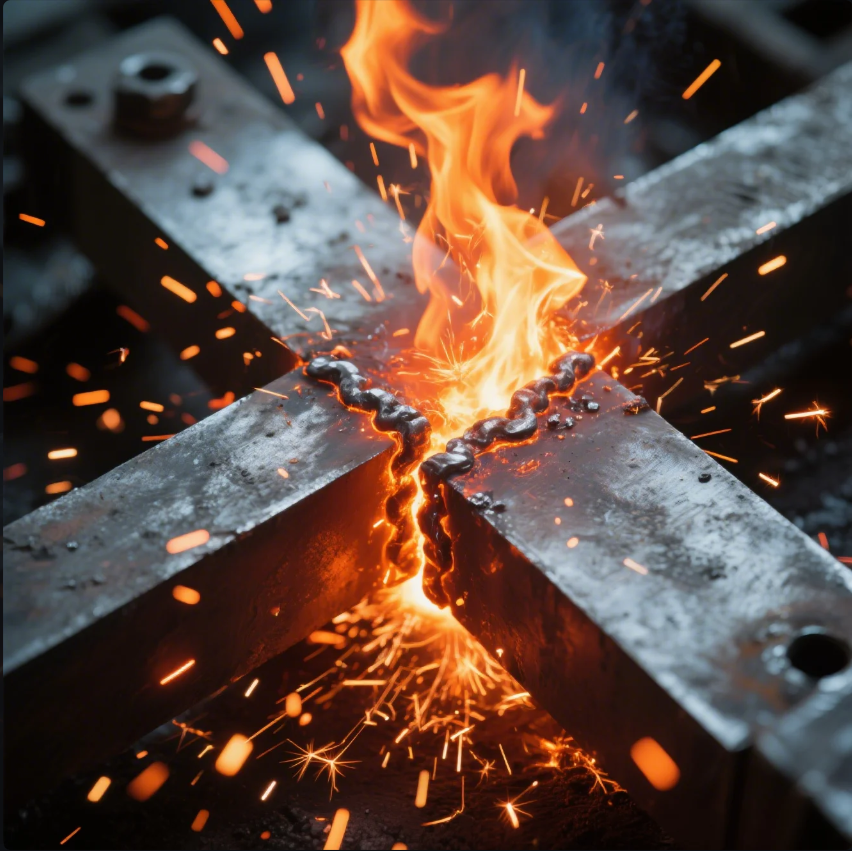
Many confuse metal joining methods—each has different strength, cost, and temperature requirements.
The process of burning or heating two metals together is typically called welding, though brazing and soldering are also used.
Let’s break down the main techniques and when to use each.
LOOP_START
What is it called when you burn metal together?

People often describe welding as “burning metal,” but there’s more science than fire involved.
Burning or fusing metal together is known as welding—it melts the base metals and joins them as one.
Core idea behind welding
| Feature | Description |
|---|---|
| Heat Source | Arc, flame, laser, or friction |
| Metal Melting | Base metals melted to create a unified bond |
| Common Materials | Steel, aluminum, stainless steel |
| Resulting Joint | Strong, permanent, often stronger than the base metal |
Welding at Prime
At Prime, we use MIG, TIG, and spot welding for structural components and CNC frames. For a U.S. client in heavy machinery, our welded mounting plates passed vibration fatigue tests at 3X standard stress cycles—demonstrating our process integrity.
LOOP_END
LOOP_START
What is heating two pieces of metal to be joined together called?
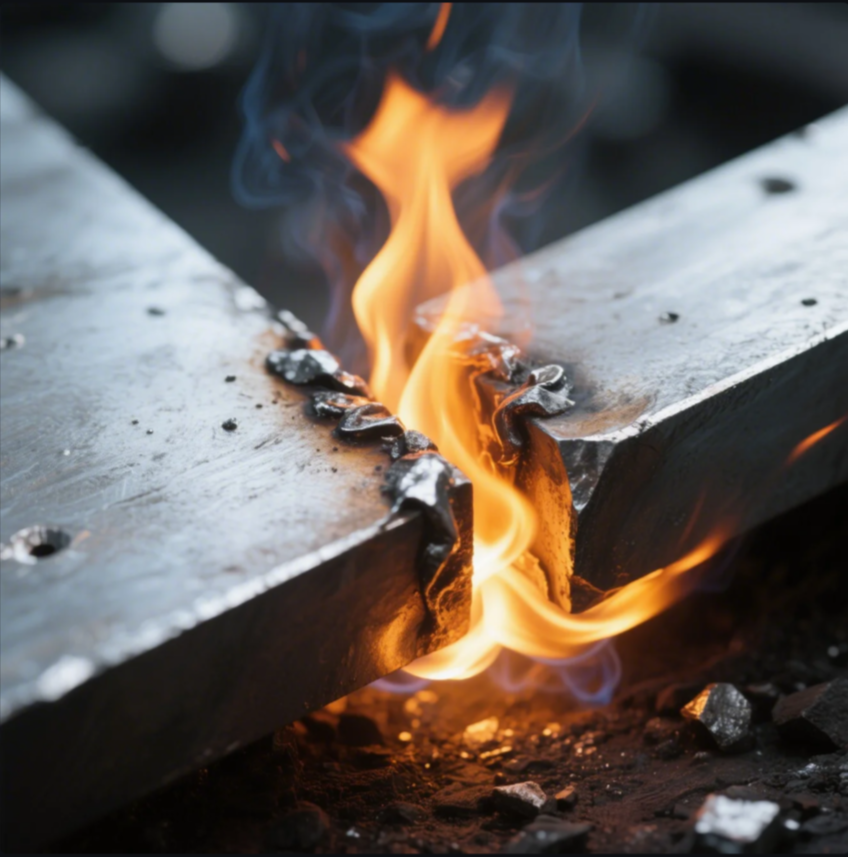
Joining metals using heat but without full melting is a method many overlook.
When heating metals to join without melting them, the process is called brazing or soldering.
Key distinctions by process
| Process | Base Metal Melts? | Filler Used? | Temperature Range | Strength Level |
|---|---|---|---|---|
| Welding | Yes | Optional | 1,200°C – 3,000°C | Very High |
| Brazing | No | Yes | 450°C – 1,000°C | Moderate to High |
| Soldering | No | Yes | Below 450°C | Low |
Which Prime uses and why
We use brazing for complex, thin-wall assemblies, where welding would distort the metal. For one European HVAC client, our copper brazed fittings delivered airtight, corrosion-resistant joints across 10,000+ units with zero leak failures.
LOOP_END
LOOP_START
What is brazing vs welding?
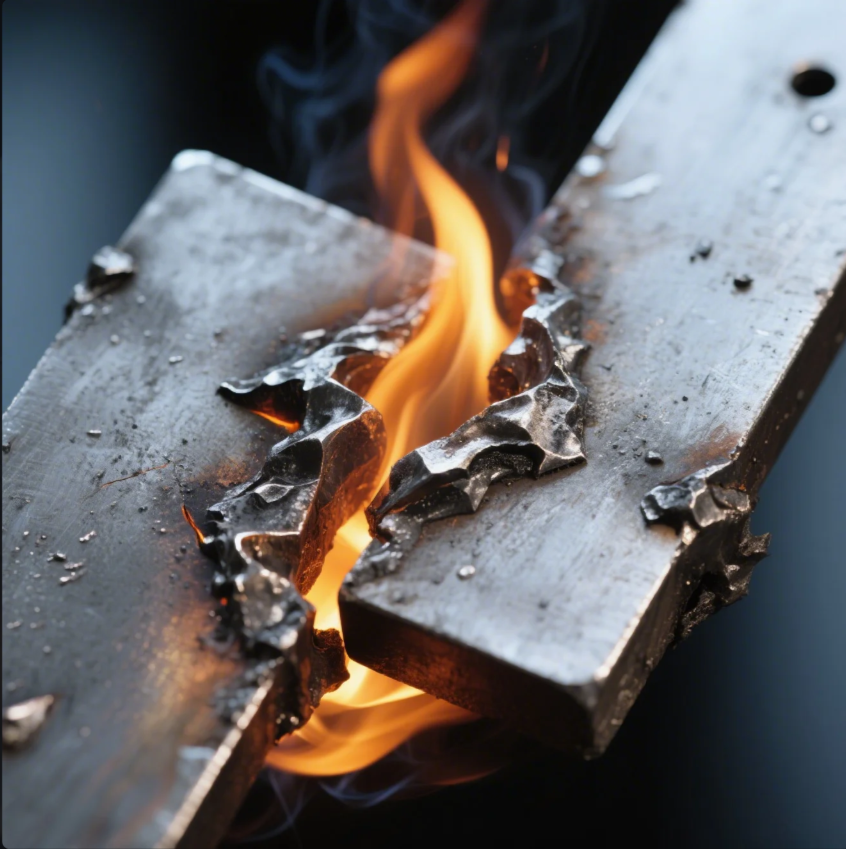
It’s easy to confuse brazing with welding—they both use heat and metals—but they serve different needs.
Welding melts base metals, while brazing uses a filler to bond them without melting the base metal.
Comparison table: Brazing vs. Welding
| Feature | Brazing | Welding |
|---|---|---|
| Melts Base Metal? | No | Yes |
| Filler Material | Required | Optional |
| Joint Strength | Medium to High | Very High |
| Heat Distortion Risk | Low | Higher, especially on thin materials |
| Use Case | HVAC coils, delicate joints | Frames, structural components |
How we decide at Prime
Our engineers choose the process based on part thickness, strength needs, and budget. We helped a Middle Eastern client switch from welding to brazing on aluminum pump bodies—cutting reject rates by 32% while reducing tool wear.
LOOP_END
LOOP_START
What is it called when you join two pieces of metal together?
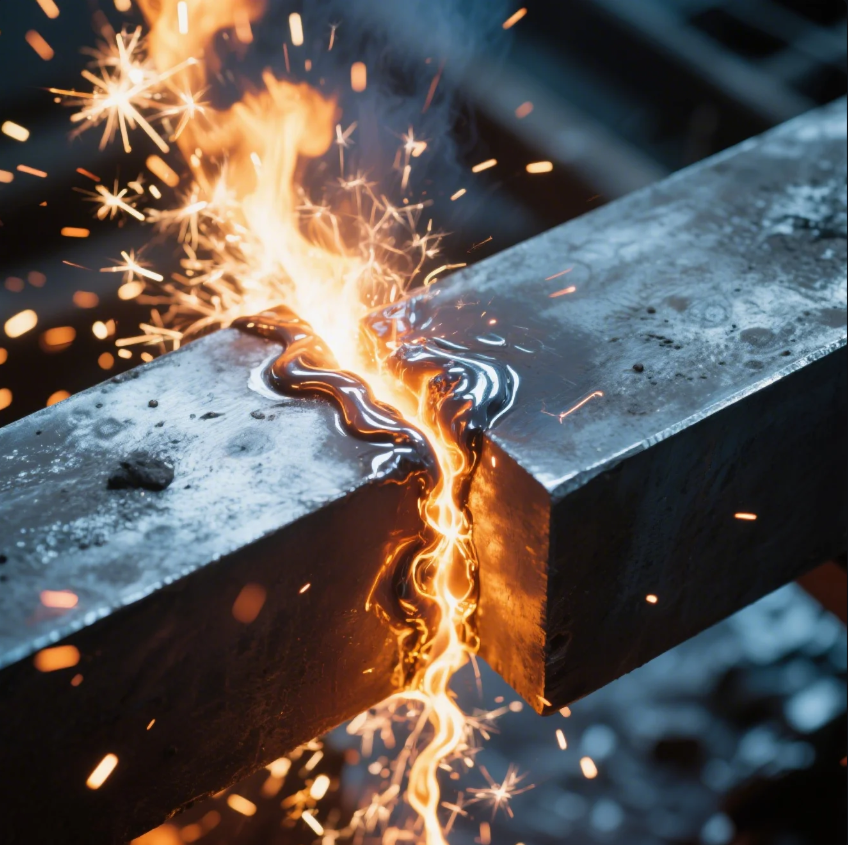
Joining metal isn’t always about heat—there are multiple ways to create strong, lasting bonds.
Joining two pieces of metal can be done by welding, brazing, soldering, bolting, or riveting.
Methods of joining metals
| Method | Description | Best For |
|---|---|---|
| Welding | Fuses metals into a single solid joint | High-strength, permanent joints |
| Brazing | Bonds using molten filler without melting base | Leak-proof, moderate-strength joints |
| Bolting | Uses threaded fasteners | Removable joints in large structures |
| Riveting | Mechanical fastening using deformed pins | Aircraft, sheet metal assembly |
| Adhesive | Glued with industrial bonding agents | Mixed-material or low-heat applications |
Why Prime offers flexible joining options
We support clients in industries from transport to renewable energy with welded steel frames, brazed copper components, and CNC-fitted riveted panels. Every method is backed by ISO inspection protocols and real-world durability testing.
LOOP_END
Conclusion
Burning or bonding metal requires the right joining method—welding, brazing, or fastening—based on strength, cost, and design needs.
Need help choosing the right metal joining process? Contact Prime today for a free consultation, precision engineering support, and ISO-certified welding, brazing, or assembly services—built to perform under pressure.

